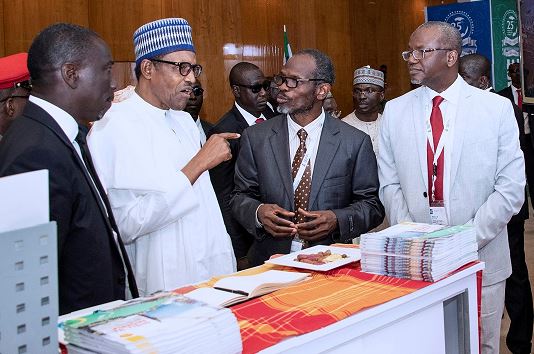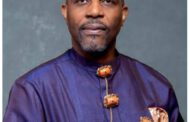By Soji Adeleye
This is a very unique moment in human history. The first time in our lifetime fear is the common denominator, when there are no superpowers, no segmentation of humanity. It is humbling to observe how inconsequential the human race is. Imagine for a moment if there were no scientists giving the hope of cure or vaccine that could end our present submission to fear.
Do we know how many times a virus, plague has wiped out our distant predecessors? We can not really tell. But it is a sobering thought knowing all species have co-existed even closer than this time with jumping of pathogens across species a real possibility.
Meanwhile, in the midst of this pandemic with the highest concentration of infections and human death, the United States of America is consumed by one of its most tumultuous perennial protests about racial justice and inequality after a ‘white’ police officer was caught on camera kneeling on a ‘black’ man’s neck snuffing out life from him crying ‘I can’t breathe’.
Anyone that watched the video for the first time and was not shocked is probably not a human being. So, rightly the immediate uproar was understandable. It was therefore unsurprising the fear of contracting the coronavirus did not stop people of all shades from the combustible nationwide protest that has shaken governments at both national and state levels.
Consequently, the fight for justice and equality for the ‘black ’ man who is often than not the target of police brutality tops the political debate in the USA which has the highest concentration of descendants of African former slaves outside the African continent. While this is not new, it has been a struggle with innumerable victims for more than four hundred years. One protestor said “I chose to be killed by coronavirus so that those coming after me would not be killed by the police”. Martin Luther King, Jr (1963) ‘I have a dream’speech saw a country devoid of segregation and injustice –it remains a dream in 2020.
The ‘black’ man is disproportionately represented in all available statistics of human development mobility index in the USA : health, education, wealth, housing. They are unsurprisingly disproportionately represented in the number of infections and mortality from the coronavirus pandemic.
So the call for justice and equal treatment is once again the political hot button topic with the presidential election just a few months away. It would not be the first time this would be the case; elections in the past has witnessed this kind of heightened advocacy for justice and equality in the USA for the ‘black’ man. After the killing of Martin Luther King Jr in April 1968 the election later that year witnessed unprecedented loud cry for justice. Fifty years later, nothing has really changed, the ‘black’ man in the USA is still viewed from the prism of a subhuman ex-slave.
Hence the question, what if Nigeria the largest concentration and most populous country of the African race was a shining human example, would these struggles and continuing tribulations of descendants of those sold out as slaves have been different?
If human development is judged by the visible quality of life of people, it’s environment and respect for the individual, there is really nothing tangible to back the claim of equality by Africans other than humanity and human consciousness. At the individual level there might be no argument but human civilization has relied on the sustained effort of the collectives over time as oppose to the rare and occasional discovery of individual ingenuity. The patriotism and dynamism the late Murtala Muhammad needed to have been sustained after his assassination, the vision and achievements of the late Obafemi Awolowo in the old Western Region of Nigeria needed to have been institutionalised and enshrined as a model for emerging countries after colonisation. Nigeria has never as a human society experienced sustained development that could contribute to its upliftment for humanity.
Lagos a microcosm of Nigeria is a jungle with all the danger it portends, also offers that potential of opportunities of new discovery. The challenge to a foreign visitor visiting Lagos is where else can you go from there? You need good roads, airports, airlines that are reliable. This is the reason why those few investors and tourists that dare to run the gauntlet to come to Lagos go no further.
If Nigeria the most populous country of the African people (black) was a shining example, that pride would have made the struggle for equality by descendants of slaves in the‘New World’ much less difficult. Because really what is it? Man is a slave to optics. The relative, small but significant case of Ghana is instructive; the whole descendants of slaves in the USA would migrate to Ghana if it had the space and capacity to sustain it. If the promise of independence for Nigeria was carried forward, if the old Western Region model was followed and Nigeria had free education, developed infrastructure, provided free medical services for its people, built future oriented research institutions, good roads, airports, sea ports. It would have been a place of pride for its people, the world and those descendants of slaves would have had a bonafide reason to beat their chests and the struggle for justice and equality of man would have been less dangerous and harrowing.
*Soji Adeleye, CEO Alfecity Institution writes from Lagos













